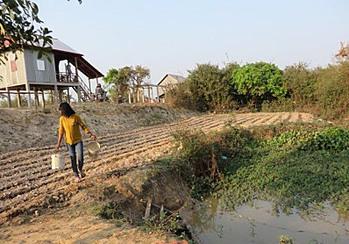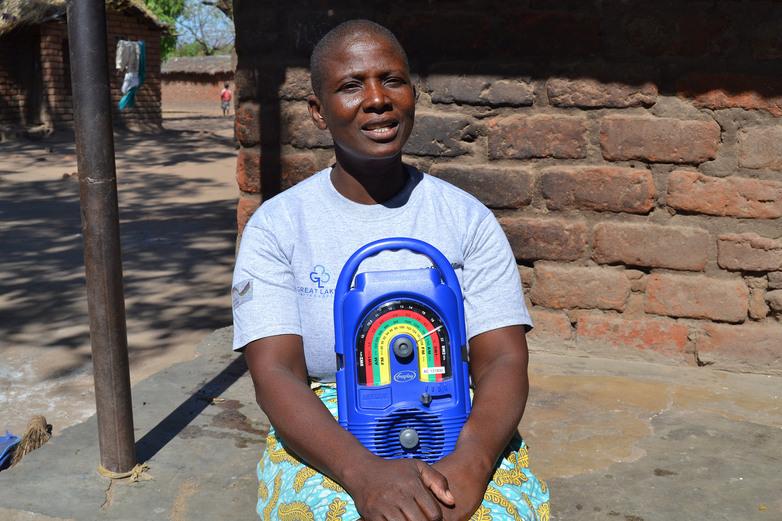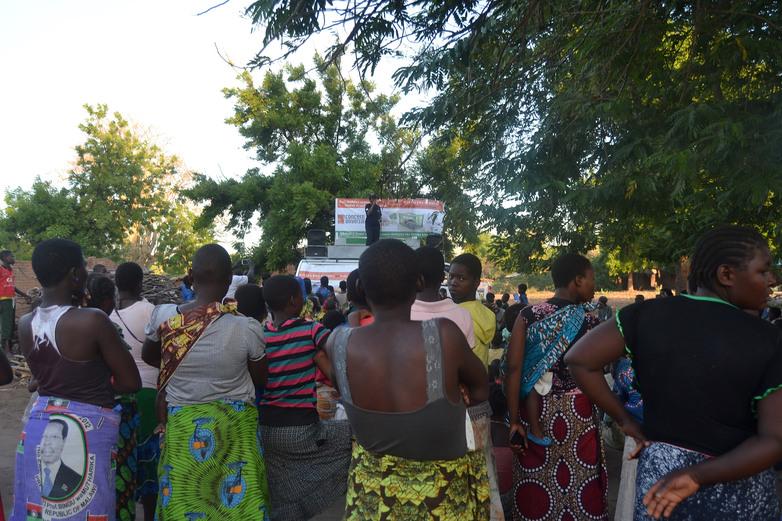Approach
GIZ implements the programme Adaptation to Climate Change in the Health Sector on behalf of the German Federal Ministry for Economic Cooperation and Development (BMZ). It develops innovative climate adaptation measures for the health sector and implements them in pilot schemes at local and national level. The programme feeds experience from partnerships and pilot measures into international climate policies and national planning processes on an ongoing basis. National and local analyses determine health risks, the geographical and social vulnerability of the people, and how health systems need to adapt.
Development projects in other sectors are sensitised to and advised on areas of overlap regarding the effects of climate change on health.
The programme cooperates at international, regional and national level with the World Health Organization (WHO) and networks players from politics, administration, civil society, academia and the research community. In this way it promotes the national and international discourse on the detrimental effects of climate change on human health and on possible adaptation measures.
Results
The global programme makes an important contribution to the commitment of German development cooperation to health and climate issues.
It has supported the Governments of Burundi and Grenada in integrating measures to protect human health from the adverse impacts of climate change within national policies and strategies – which is a precondition for the implementation of adaptation measures.
In Egypt the programme is advising a bilateral urban development project in Cairo on integrating measures for preventing heat-related health problems.
In Siem Reap Province in Cambodia and the cotton-growing area in Chikwawa, Malawi, the climate change-related vulnerability of the population’s health has been analysed and needs-based adaptation measures have been taken.
Cooperation with international non-governmental organisations, such as Malteser International in Cambodia and the German Red Cross in the Philippines, is helping to ensure that the effects of climate change on health is mainstreamed as an issue in local organisational structures.
By supporting events and organising key contributions to conferences, for example at the health and climate summit meetings during the global climate change conferences, the programme promotes knowledge sharing at international and regional level and helps to network the players involved.
The programme develops individual skills and builds organisational capacities by providing training for government representatives, opinion leaders, health personnel and civil society. For example, information materials have been developed for the local population and medical staff in the Philippines, in cooperation with the German Red Cross. The Department of Health has officially approved them for nationwide use. In December 2015 the first training course for trainers was held for local medical professionals and voluntary community health workers.


